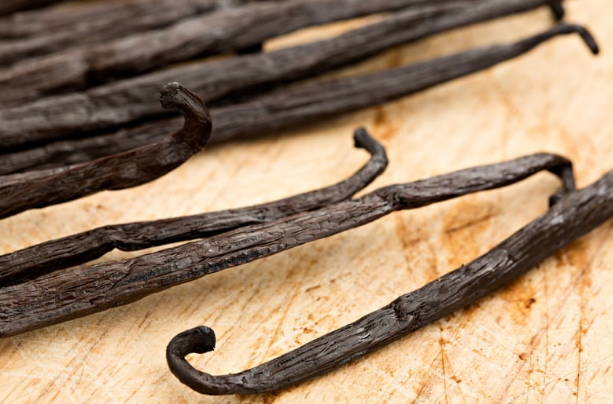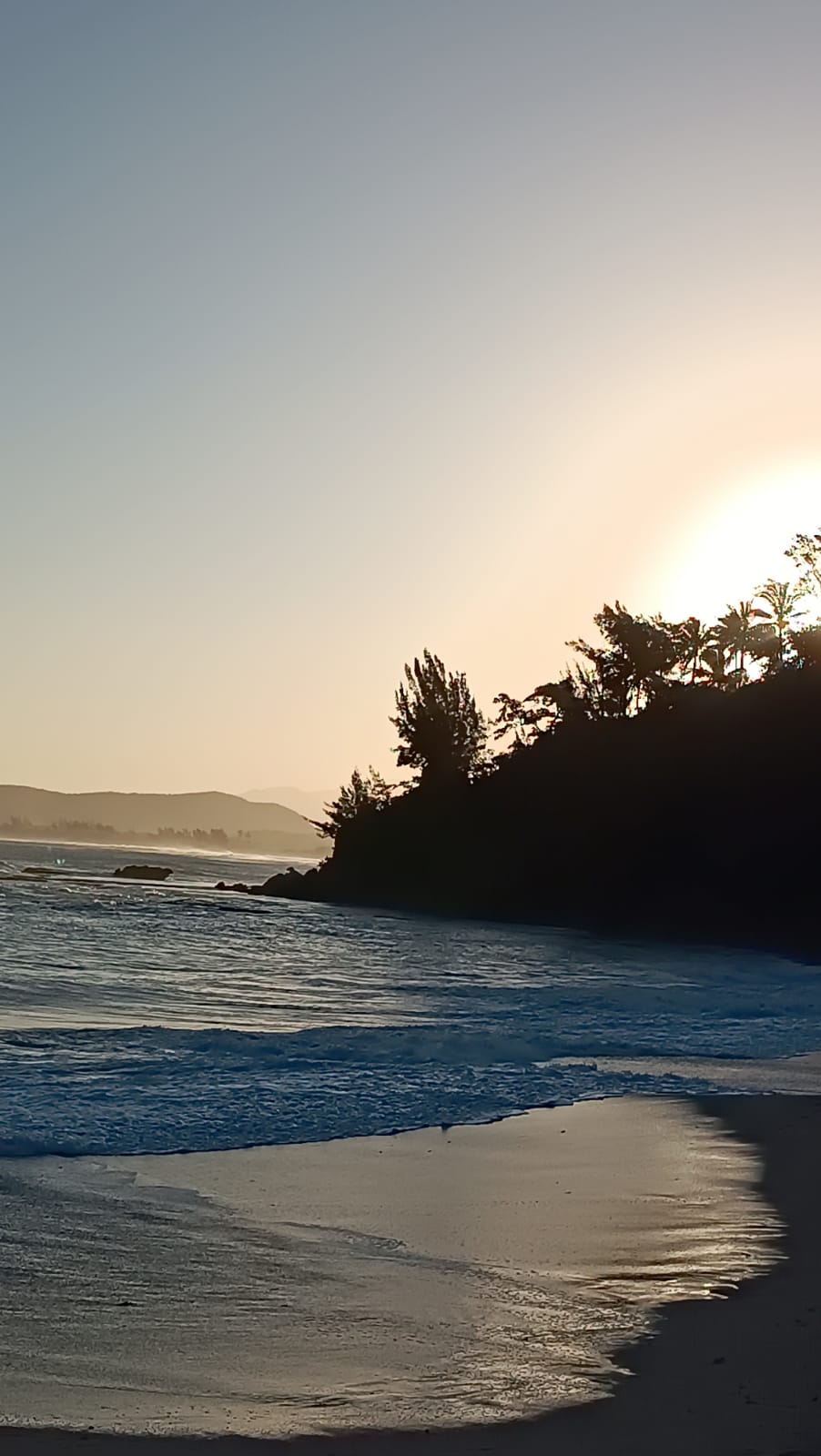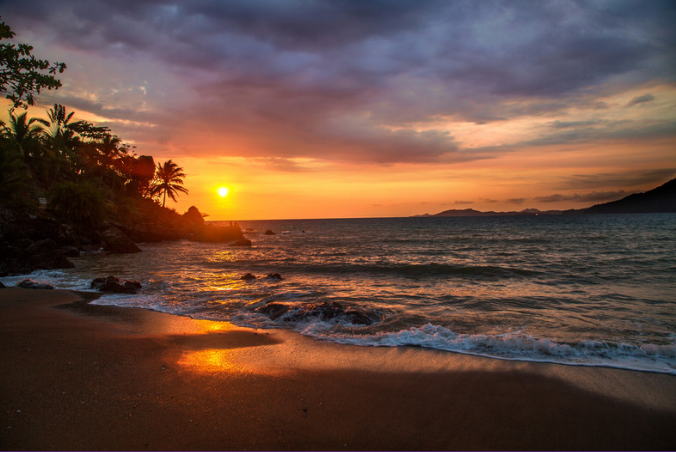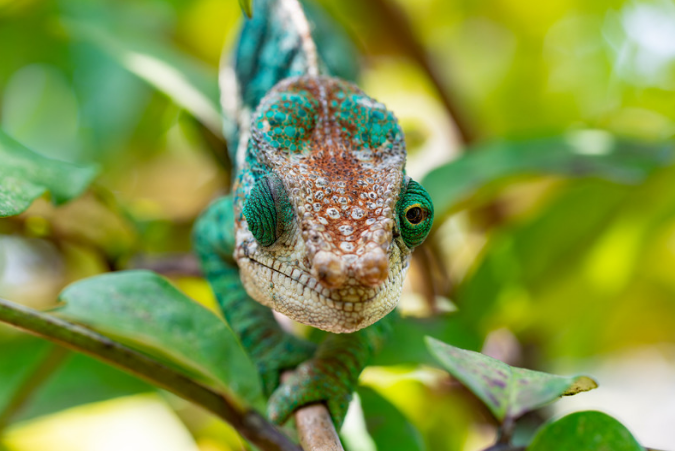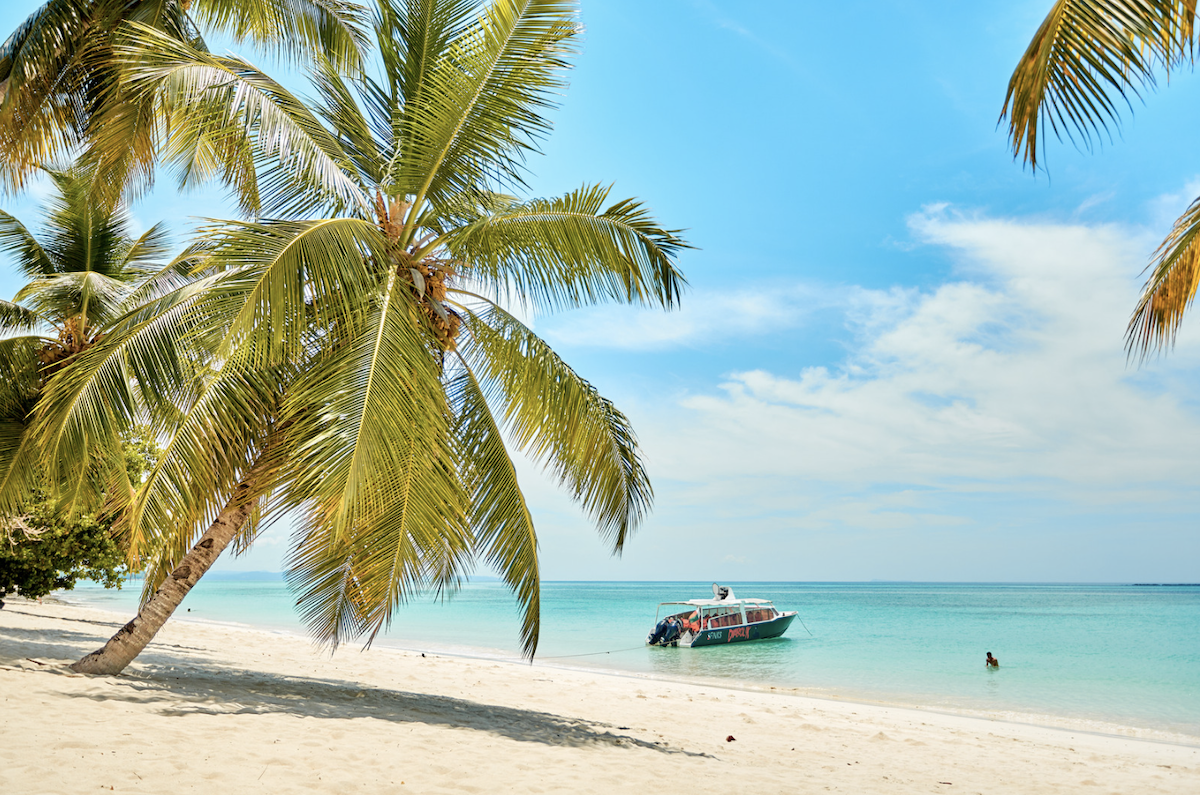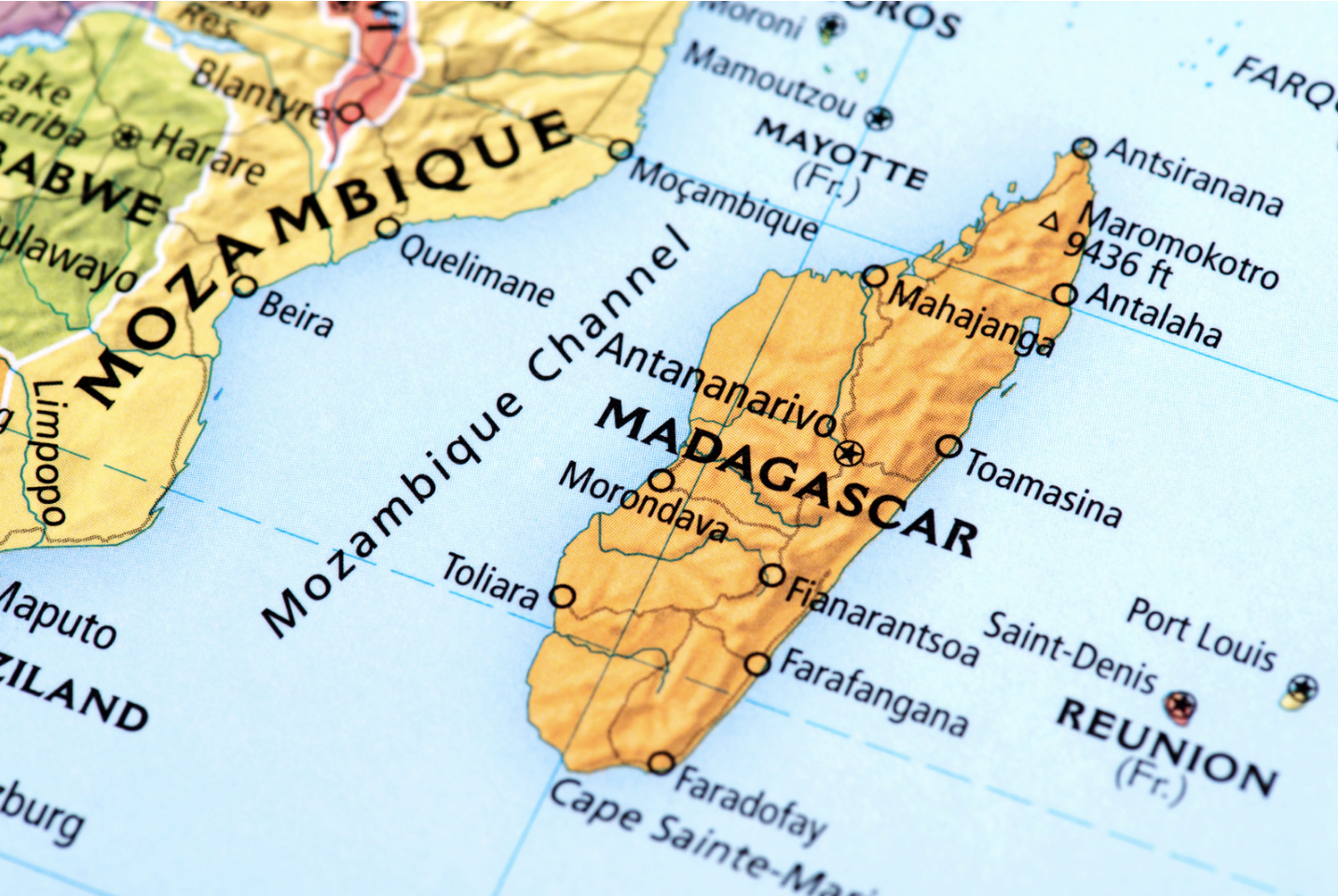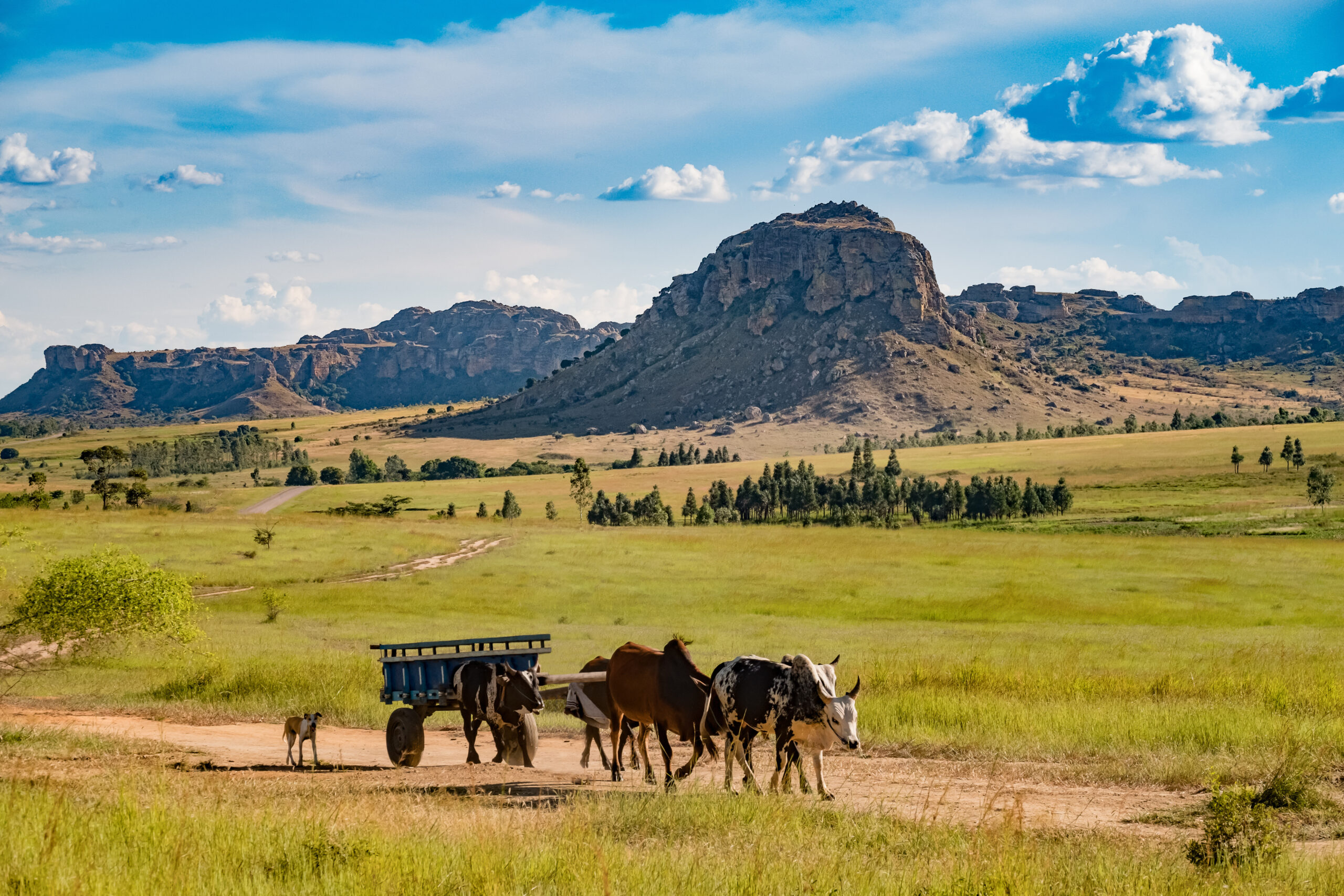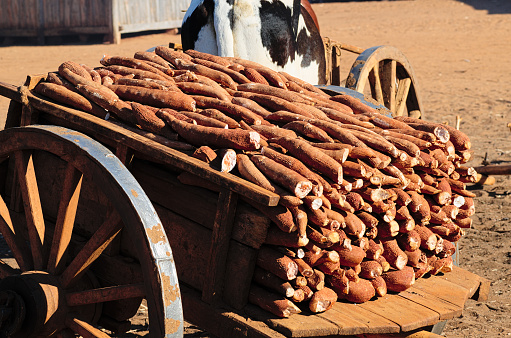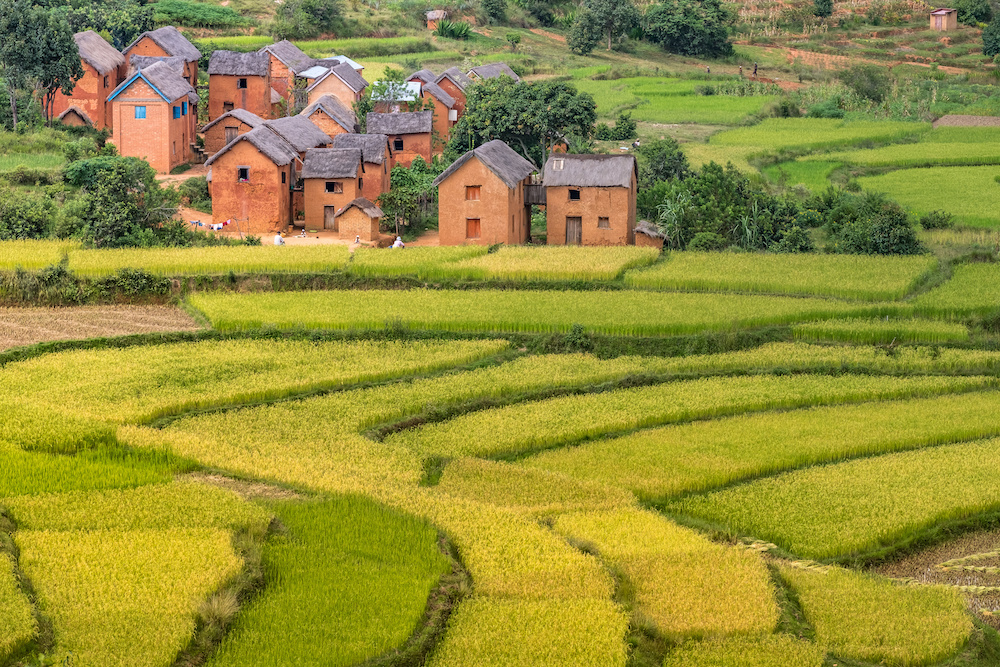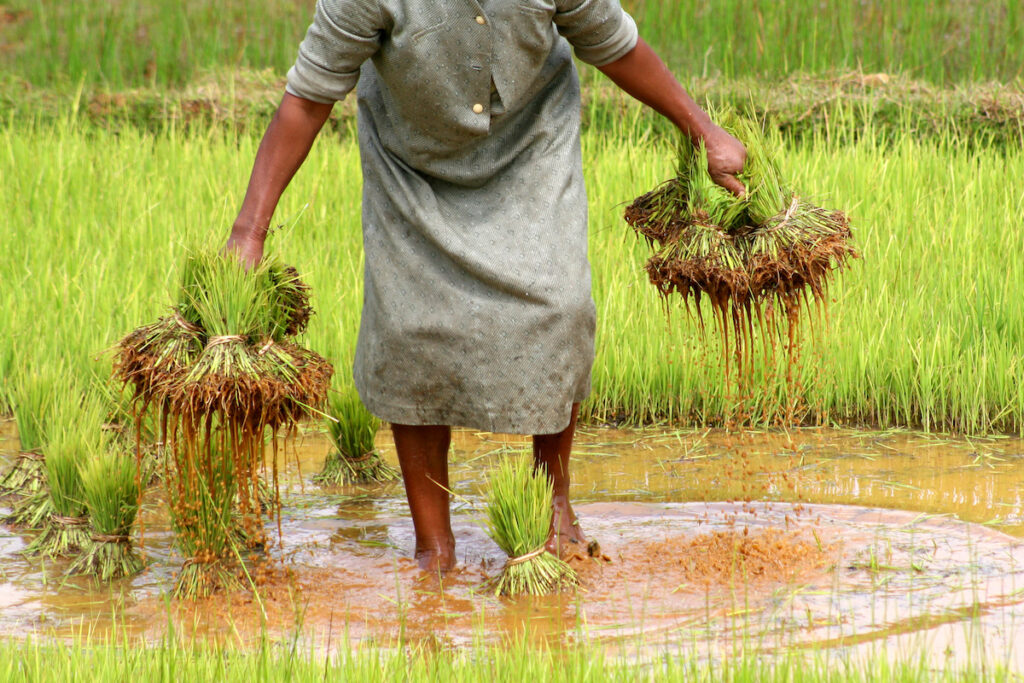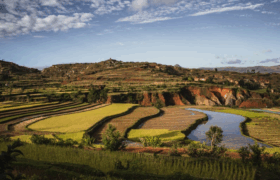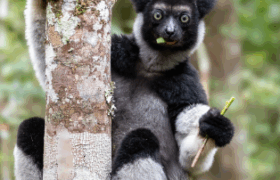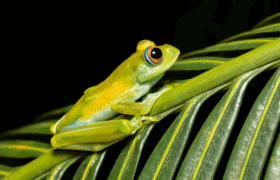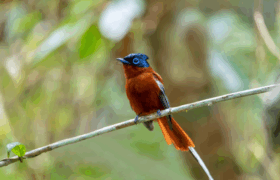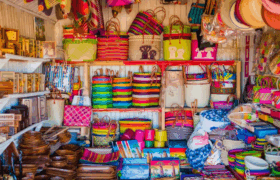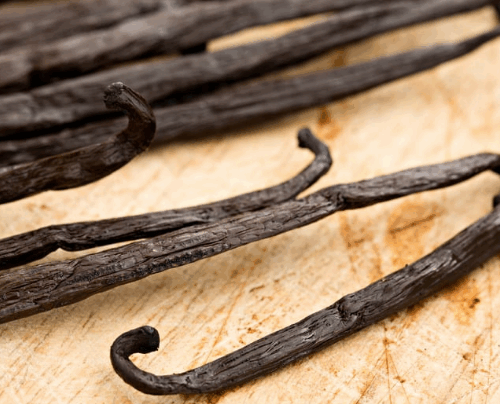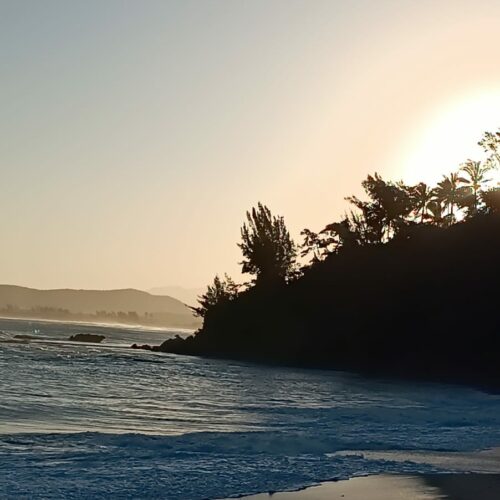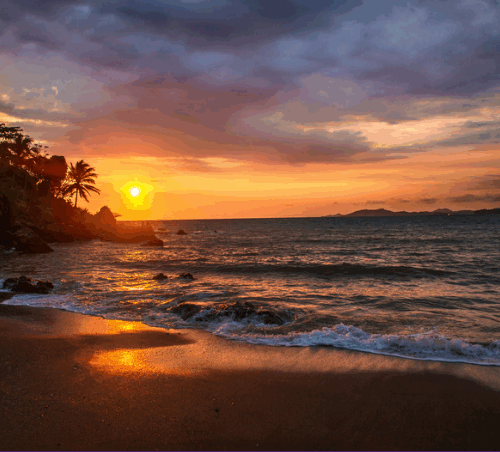Tour info
About This Tour
In response to the impacts of climate change and the need to improve food security, rural communities in Madagascar, with the support of various professional associations, are embarking on agricultural development through agroecology practices. Sustainable organic farming, agricultural production, forestry, and agro-food processing by local producers all contribute to the sustainable development of natural resources.
Agriculture in Madagascar presents unique challenges due to its diverse climate zones, varied soil types, and the reliance on traditional farming methods. The island’s isolation also impacts the availability of resources and technology, making the shift to sustainable practices both essential and demanding. Despite these challenges, local communities are pioneering innovative solutions to ensure food security and environmental preservation.
Research sites have been established in several areas to explore various agroecological techniques, including fruit tree cultivation, composting, reforestation, and hedgerow planting. Additionally, sustainable forestry management practices are in place to ensure the long-term health of forests and protected areas.
Our agro tours are a vital part of our commitment to responsible tourism. By joining these tours, travelers not only witness firsthand the innovative agricultural practices that are shaping the future of sustainable farming in Madagascar but also actively support local communities and environmental conservation efforts. These tours promote cultural exchange, foster understanding of sustainable practices, and contribute directly to the development and implementation of eco-friendly agricultural techniques.
Join us on this unique agro tour to explore how these communities are overcoming challenges and leading the way in sustainable agriculture, ensuring a resilient and prosperous future for the island. Through responsible tourism, you can be a part of this transformative journey, helping to protect the environment and uplift local populations.
Gallery
Itinerary
Welcome to Madagascar, the island of fertile highlands and endless green valleys. Upon arrival in Antananarivo, meet your guide and transfer to your hotel for rest and briefing. Depending on arrival time, visit FOFIFA, the National Center for Applied Research in Rural Development, to learn about seed innovation and sustainable livestock breeding in Madagascar.
Accommodation (Half board)
• Hotel Carlton (★★★★★) – Elegant hotel overlooking Lake Anosy with modern comfort.
• La Varangue (★★★★) – Boutique colonial-style hotel with charming gardens.
After breakfast, drive south (3–4h) through scenic rice fields and volcanic hills to Antsirabe, the “City of Water.” Visit the FOFIFA Seed Laboratory, where researchers pioneer advances in soil science, crop protection, and agro-food innovation. Learn about sustainable farming and seed production that support Malagasy farmers.
Accommodation (Half board)
• Royal Palace Hotel (★★★) – Modern comfort with panoramic views over the city.
• Mahafaly Hotel & Ressort (★★★) – Eco-lodge surrounded by lush gardens and local charm.
Continue your journey south toward Kianjavato, a rare ecological treasure managed by FOFIFA. The site shelters more than fifty endemic coffee species, alongside vanilla, pepper, and native flora. Learn about the conservation of wild coffee and agroforestry practices that sustain both biodiversity and local communities.
Accommodation (Half board)
• Thermal Hotel Ranomafana (★★★) – Classic mountain retreat with natural thermal springs.
• Local Bungalow in Kianjavato (★★) – Authentic rural experience surrounded by nature.
Drive to Ranomafana National Park, one of Madagascar’s most biodiverse rainforests and a UNESCO World Heritage Site. Walk beneath the emerald canopy where lemurs, chameleons, and rare birds thrive. Enjoy the soothing thermal waters and the peaceful rhythm of the forest.
Accommodation (Half board)
• Thermal Hotel Ranomafana (★★★)– Classic mountain retreat with natural thermal springs.
• Centrest Séjour Ranomafana (★★★) – Cozy lodge near the park entrance.
Today, visit the Centre ValBio, a world-class research station working to protect Madagascar’s rainforest biodiversity. Meet researchers, explore medicinal plant gardens, and learn about community-driven conservation. Optional afternoon walk through the park’s lush trails to observe endemic wildlife.
Accommodation (Half board)
• Thermal Hotel Ranomafana (★★★)– Classic mountain retreat with natural thermal springs.
• Centrest Séjour Ranomafana (★★★) – Cozy lodge near the park entrance.
Drive west across the Betsileo highlands toward Ranohira, gateway to Isalo National Park. En route, stop at a local organic farm producing tropical fruits, essential oils, and honey. Learn about natural beekeeping and sustainable agriculture in Madagascar’s semi-arid landscapes.
Accommodation (Half board)
• Relais de la Reine (★★★★) – Elegant stone-built lodge set in stunning desert scenery.
• Isalo Ranch (★★★) – Comfortable eco-lodge surrounded by wide-open views.
Drive south toward Tulear, passing baobab-dotted landscapes and the open savanna. Visit the Arboretum d’Antsokay, a fascinating botanical garden home to 900 plant species, many endemic and medicinal. Continue to Ifaty, a tranquil seaside village along the Mozambique Channel.
Accommodation (Half board)
• Le Paradisier (★★★) – Beachfront ecolodge blending comfort and authenticity.
• Hotel Solidaire Mangily (★★★) – Responsible tourism ecolodge supporting local communities.
Visit the SPIRISUD spirulina farm, a leading producer of this superfood known for its nutritional and therapeutic value. Learn about sustainable production methods that help fight malnutrition in Madagascar. Enjoy free time in the afternoon to relax by the sea.
Accommodation (Half board)
• Le Paradisier (★★★) – Beachfront ecolodge blending comfort and authenticity.
• Hotel Solidaire Mangily (★★★) – Responsible tourism ecolodge supporting local communities.
Morning walk in the Reniala Reserve, a sanctuary of ancient baobabs and over sixty endemic bird species. Explore the spiny forest with its unique flora and fauna, guided by local conservationists passionate about protecting Madagascar’s biodiversity.
Accommodation (Half board)
• Le Paradisier (★★★) – Beachfront ecolodge blending comfort and authenticity.
• Hotel Solidaire Mangily (★★★) – Responsible tourism ecolodge supporting local communities.
Visit the Turtle Village, a refuge for endangered radiated and spider tortoises. Learn about the SOKAKE program and its mission to protect these fragile species while empowering local communities. An inspiring experience that connects conservation and compassion.
Accommodation (Half board)
• Le Paradisier (★★★) – Beachfront ecolodge blending comfort and authenticity.
• Hotel Solidaire Mangily (★★★) – Responsible tourism ecolodge supporting local communities.
Morning transfer to Tulear airport for your flight to Antananarivo. Upon arrival, visit the city’s colorful markets or craft shops for local souvenirs. Evening at leisure at your hotel.
Accommodation (Half board)
• Hotel Carlton (★★★★★) – Elegant hotel overlooking Lake Anosy with modern comfort.
• La Varangue (★★★★) – Boutique colonial-style hotel with charming gardens.
After breakfast, transfer to the airport for your international flight home. End of your enriching agricultural journey through Madagascar’s fertile highlands, forests, and coastal plains.
Tour Map
Inclusions & Exclusions
This tour, as described, includes:
- All airport/hotel transfers and vice versa
- Vehicle with driver-guide service and fuel
- Guide services for accompanying groups
- Accommodation in double, twin, or family rooms
- Tourist vignettes and local taxes
- All meals mentioned in the program
- Local guides for excursions
- Entrance fees for sites to be visited
- All visits and excursions mentioned
- Complimentary tour leader accommodation in a single room for the group
This tour, as described, does not include:
-
International and domestic flights (Learn more about the best ways to get to Madagascar, flight tips, and airline options)
- Madagascar entry visa (see latest Madagascar visa requirements and how to apply).
- Tips, personal expenses, and beverages
- First night stay in Antananarivo (can be organised, on demand)
- Health insurance and medical evacuations
- COVID-19 detection tests if required by regulation


